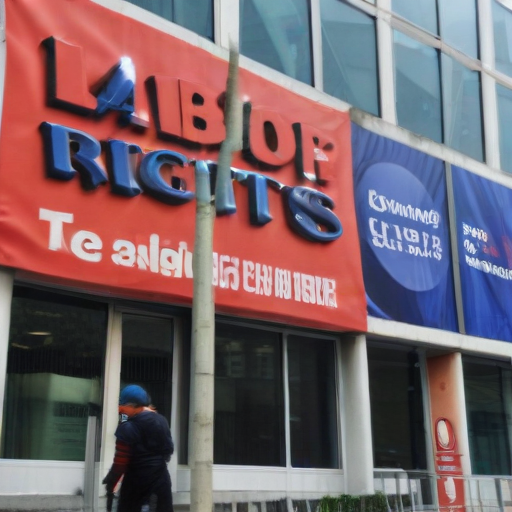Samsung employees advocating for improved working conditions and increased salaries staged a significant rally in South Korea on Monday, marking the continuation of their strike into its third week. Approximately 1,200 members of the National Samsung Electronics Union (NSEU) participated in the demonstration, marching through the Giheung campus in Yongin, as reported by the Associated Press.
The rally follows initial wage negotiations held on Friday between the union and Samsung. The NSEU declared an indefinite strike on July 8 after previous negotiations failed to secure the desired workplace improvements. While the union represents over 30,000 employees, the exact number participating in the ongoing strike remains unclear, although this action is noted to be the largest in the history of the tech giant.
Despite Samsung anticipating a staggering 1,450% year-over-year increase in second-quarter revenue—largely attributed to a surge in AI-related demands—the NSEU has pointed out that employees have not benefited from these substantial profits. Many strikers are involved in the company’s foundries, where they produce some of the world’s most sophisticated computer chips.
Experts highlight that Samsung’s historical lack of experience in union negotiations and its generally adversarial stance towards unionization could pose challenges in the ongoing discussions. However, there is a significant aspect of hope amid these tensions. Professor Vladimir Tikhonov from the University of Oslo noted that if Samsung workers successfully achieve their demands, it could set a precedent and empower labor movements across South Korea, potentially leading to a stronger voice for all workers in the region.
This ongoing struggle reflects broader issues within the labor market, where employees are increasingly demanding fair compensation and respect in negotiating their rights. The potential outcome of these efforts could signify a shift in how large corporations in South Korea interact with their workforce in the future.
